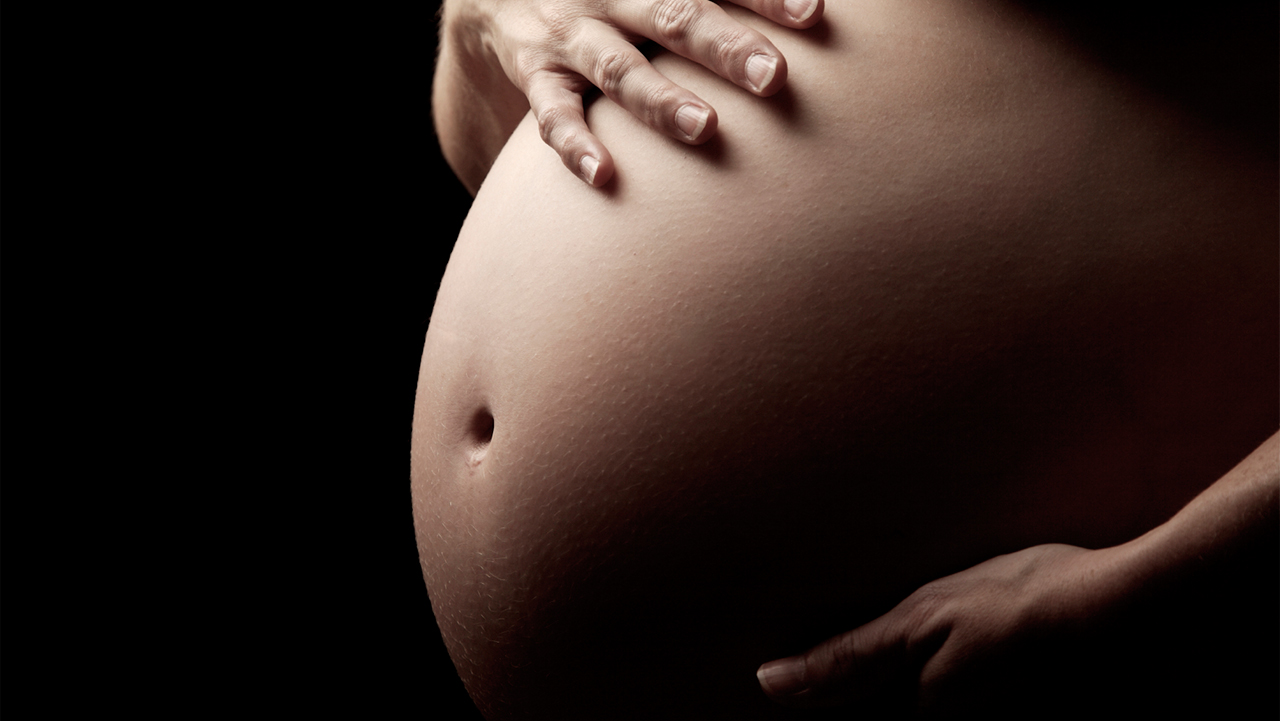
The United States Centre for Disease Control (US-CDC) has introduced a baby shower programme to prevent mother-to-child transmission of the Human immunodeficiency virus (HIV) in the country.
Under the initiative, pregnant women are supported with baby shower kits containing basic items required for delivery as part of efforts to end HIV as a public health threat by 2030.
Speaking during an interactive session with journalists in Abuja, the Baby Shower Programme Manager, Dr Timothy Efuntoye, observed that faith communities have established and trusted community presence, adding that the United States President’s Emergency Plan For AIDS Relief (PEPFAR) considers faith and traditional community leadership, as a key enabler toward ending HIV/AIDS by 2030.
Efunyoye explained that in Nigeria, a significant proportion of the population attends religious activities regularly and the religious leaders have over time, earned the trust of the community members and such faith-based institutions are seen as a platform to promote healthy behavioural practices in the community.
He said the programme is a U.S. CDC-supported initiative geared towards preventing the transmission of HIV from mothers to their unborn children, stressing that the programme, popularly known as “Congregational Approach to Prevention of Mother-to-Child Transmission,” involves layering health services, including HIV testing, on to religious celebrations through a coordinated gatekeeper.
Efentoye stated that during the programme, a priest/pastor invites pregnant women and their partners to baby shower events led by Congregational Health Advisors, who give health talks, health screening/testing for women and partners including weight, blood pressure, HIV, Hepatitis B, and sickle cell among others.
According to him, the programme features singing and dancing, the giving of mama packs and subsequently, a follow-up of HIV-positive participants to ensure linkage to Antiretroviral Treatment (ART).
He urged pregnant women to pay close attention to their health, attend antenatal sessions regularly, and carry out all required tests including HIV. He also stressed the need for spouses of pregnant women to support them to access healthcare services, including antenatal care during pregnancy.
Efentoye appealed to religious leaders to encourage their congregants to get tested for HIV before and during pregnancies and ensure stigma-free and non-discriminatory treatment of HIV- positive worshippers.
He said that results from October 2022 to March 2024 showed that 126 congregations have been activated across the 13 states of the federation, while 94 baby shower events were held. He also stressed the need for all stakeholders to work together to ensure an end to HIV by 2030.
Deputy Director, Programmes, CDC Nigeria, Dr Jerry Gwamna, said the programme was targeted at ensuring that women who could not go to health facilities are reached through faith-based institutions.






